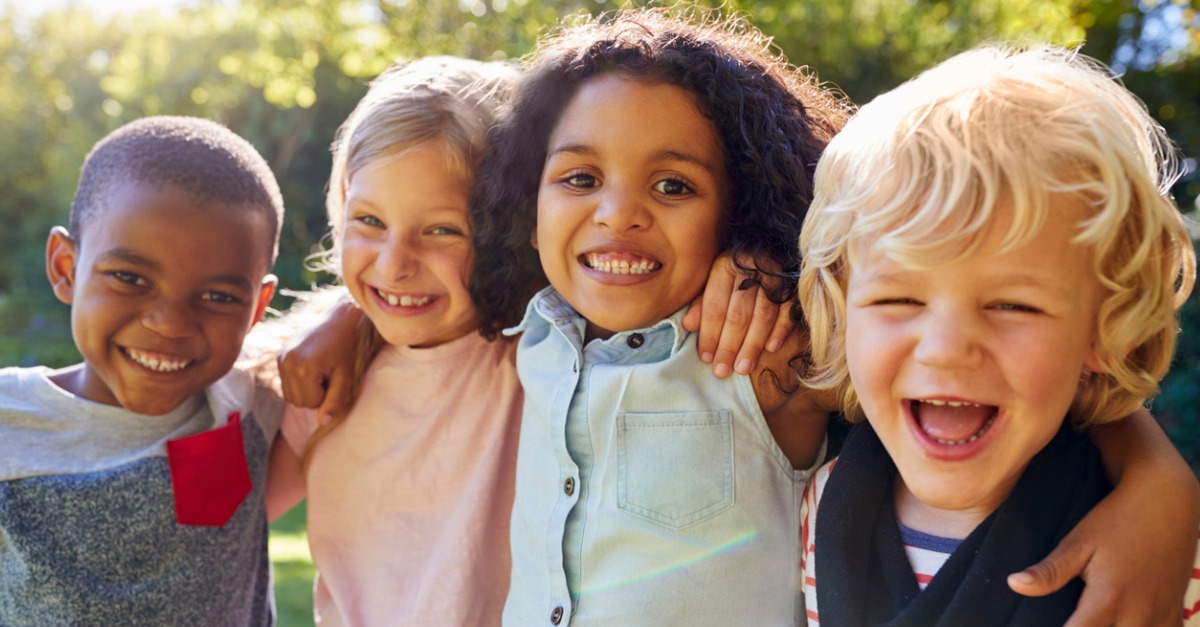
How to Help Your Child Make Friends
Some kids find it easy to make friends, while others struggle. Children may have a hard time forming friendships because of their personalities, family dynamics and previous interactions with other people. Here are some tips to help your child bond with his or her peers.
Set a Good Example
The first place where children learn how to interact with others is at home, which means that parents and siblings can be the best teachers. Foster an environment of respect at home. Encourage children to speak calmly, explain their thoughts and feelings, and listen to the perspectives of others. Demonstrate these lessons in the way you interact with other family members and with your own friends. Encourage your child to help other family members with household chores and to participate in games and projects that require cooperation. Having experience relating to others in a positive way will make it easier for your child to interact kindly and respectfully with others and make friends.
Explain Rules
Rules are essential to keep kids safe and teach them to be respectful and responsible, but the way rules are enforced is important. Yelling and punishing a child for misbehaving can make him or her angry and defiant. A better approach is to calmly explain the reason for the rule. Your children might not like being told they can’t do something, but if you provide a valid reason, they’ll understand that you’re looking out for their best interest and not just making rules arbitrarily. That will make it easier for them to listen to other children and understand their feelings and motivations.
Teach Your Child How to Relate
Talk to your child about how to interact with others in positive ways. Encourage your child to ask questions to get to know others and to listen carefully to their responses. When your child is asked questions, they should provide some information that’s important or that others might find interesting.
Encourage your child to participate in cooperative activities. A team sport, band, play or community project can help kids develop friendships while working toward a common goal.
Offering to help a peer in need can help your child make friends, as long as it doesn’t lead to a situation in which other kids are asking a lot of your child and not offering much in return. Talk to your child about friendship as a two-way street so that other kids don’t take advantage of their kindness and generosity.
Help Your Child Learn to Make Friends
Making friends comes naturally to some children, but not others. You can help your child bond with classmates and neighbors by setting a positive example at home. Teach your child appropriate ways to interact with others and give them opportunities to participate in activities in which kids work together to accomplish a shared objective. With some guidance, your child could develop lifelong friendships.